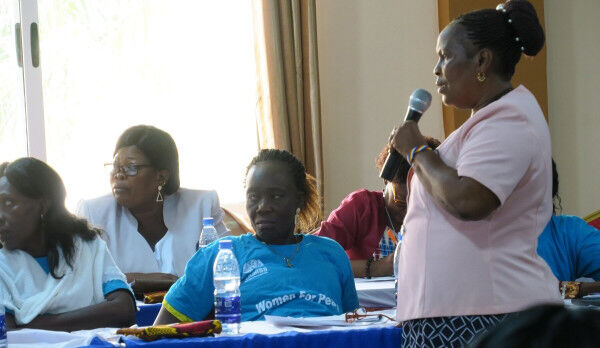
Non-Govermental Organisation (NGO), Vision Spring Initiatives (VSI), has lamented the poor participation of women at last month’s general elections in Nigeria as well as the decreased number of women elected into representative positions across the country.
Pointing out that Nigerian women have been significantly underrepresented in political positions since 1999, they further revealed that of the 469-member National Assembly, only 157 are women.
Adding that this was unacceptable, VSI Founder, Ngozi Nwosu-Juba, said it has become imperative more than ever, to take action towards achieving gender parity in Nigerian politics.
She said, “The latest report from the Independent National Electoral Commission (INEC) shows that the percentage of women running for political positions in Nigeria has decreased since the last election cycle. This worrisome trend is further highlighted by the low percentage of women currently holding seats in government at both the national and state levels.”
She added that while efforts to increase female participation in politics are ongoing, women still continue to face significant challenges in accessing political power; ranging from cultural norms, patriarchal attitudes, financial constraints, political violence, harassment and intimidation.
In order to achieve gender equality in political representation, she said, there is need for concerted efforts from various stakeholders, including political parties, civil society, and the media.
“We must create an enabling environment that supports women’s political participation and addresses the structural barriers that hinder women’s political advancement,” she quipped.
She called on all Nigerians to join the advocacy for increased women’s participation in both elective and appointive positions, supporting policies such as the 35 percent Affirmative Action, and challenging harmful stereotypes in order to build a more inclusive, equitable and prosperous country.






